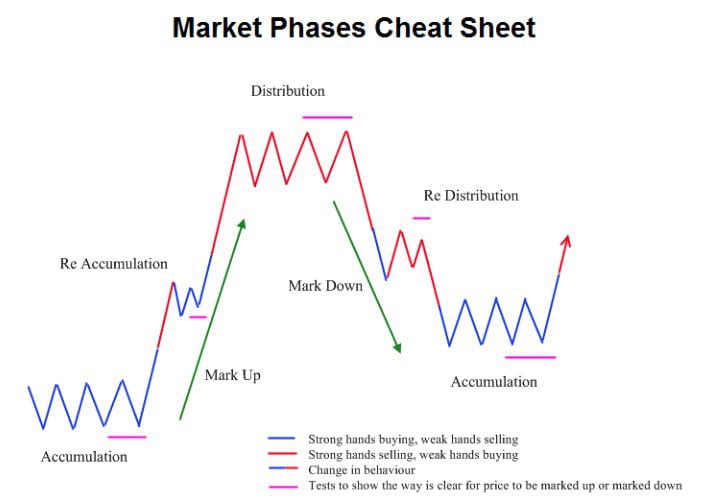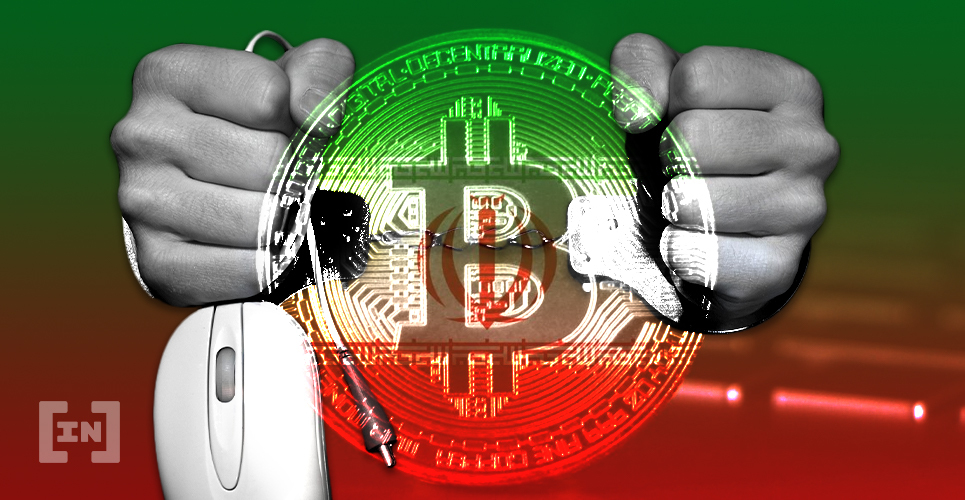2020-1-14 03:00 |
This week will see an adjustment in bitcoin difficulty which will affect miners and could influence prices. The asset just closed its first large green weekly candle for three months so a trend reversal could also be in play. Bitcoin Difficulty Increase Difficulty on the bitcoin network is a measure of how problematic it is to find a hash below a given target. Valid blocks must have a hash below the global block difficulty target. There is also a share difficulty which applies to mining pools and their ability to find a hash that is lower than the global target. Mining difficulty adjusts automatically every 2,016 blocks on the network depending on the number of miners there are and their combination of time taken to find the next 2,016 blocks. Hash rates also influence the difficulty and they have been at all-time high recently which is why there is a need for an increase. Tuesday's difficulty adjustment will be epic! pic.twitter.com/NZQ0xBppDd — PlanB (@100trillionUSD) January 12, 2020 According to bitinfocharts.com, bitcoin network difficulty is currently at 13.8 T, its highest ever level. On Tuesday this will be increased around 8% to 15 T which will make it even harder to validate new blocks. This is notable because it is a large adjustment compared to the 1-2% it usually changes. Hash rate, which is effectively the computing horsepower of the Bitcoin network, has also hit an all-time high recently of 117 EH/s. This dispels any notion that miners are capitulating in the run up to the halving in May. CM estimates have Bitcoin's Difficulty increasing by ~8% in 4 days time to reach a new ATH at ~15,000,000,000,000 This is due to the implied hash rate of Bitcoin maintaining ATH levels since Jan 1 pic.twitter.com/MfLOKTJNiK — CoinMetrics.io (@coinmetrics) January 10, 2020 There has been rumor on crypto twitter of a hash war between Western and Chinese miners which has kept the rate high this year. Chinese mining pools, which dominate the ecosystem anyway, may have been keeping bitcoin hash rates high to squeeze out their Western competitors who are paying more for electricity. Higher difficulty and hash rates make it harder to generate mining profits on current hardware. This will be impacted even further after the block reward halves in four months’ time. Short-term Price Outlook At the time of writing, bitcoin has remained over the psychological $8,000 barrier and closed its most bullish weekly candle since late October, when China’s blockchain drive sent prices skyrocketing. For the best part of the weekend, bitcoin has consolidated at around $8,100 where it currently trades. So far this year the asset has gained 12.5% and long-term technical indicators are slowly turning bullish again. The difficulty increase and high hash rate is a sign of network strength, though not directly related to prices. If miners decide to hodl in anticipation of the halving, the next couple of months could certainly be very bullish for bitcoin. Will bitcoin continue to climb this week? Add your thoughts below. Images via Shutterstock, Twitter @100trillionusd @coinmetrics The post appeared first on Bitcoinist.com. origin »
Bitcoin price in Telegram @btc_price_every_hour
Bitcoin (BTC) на Currencies.ru
|
|

























